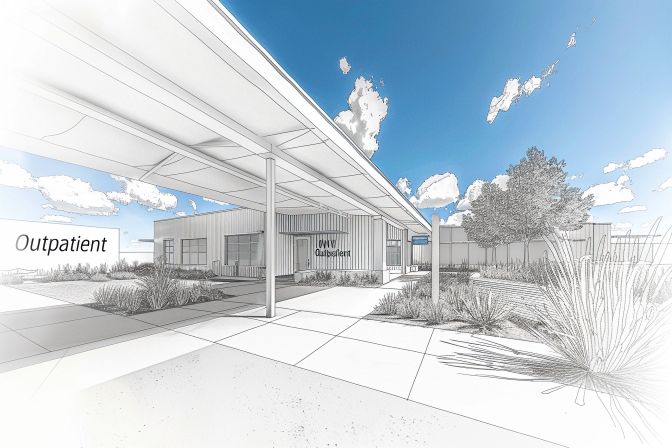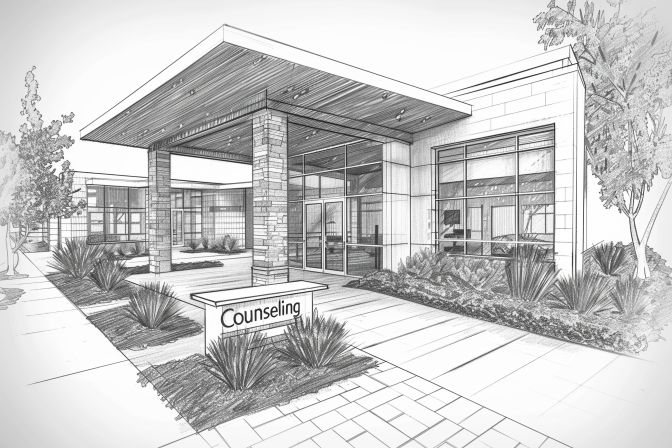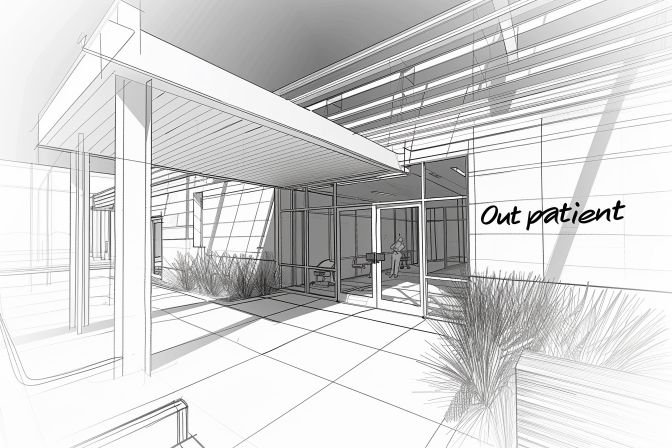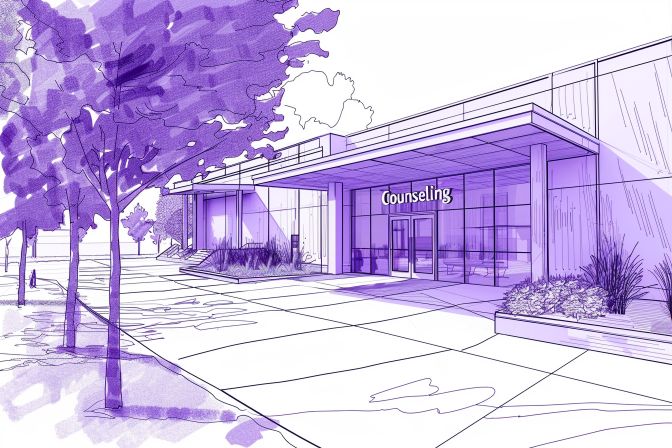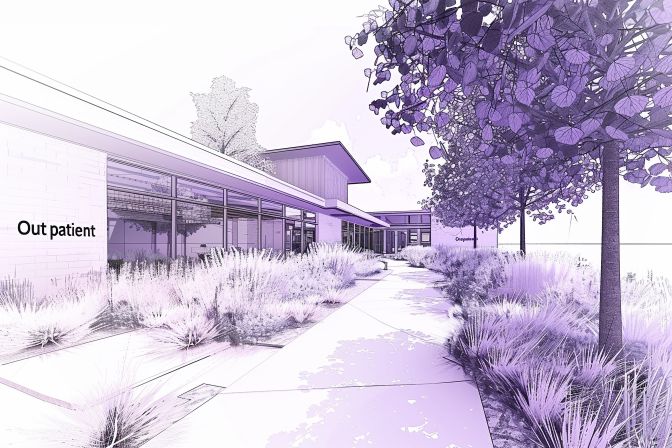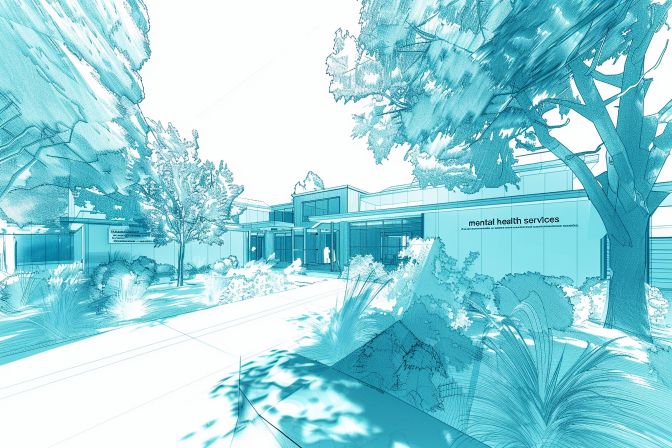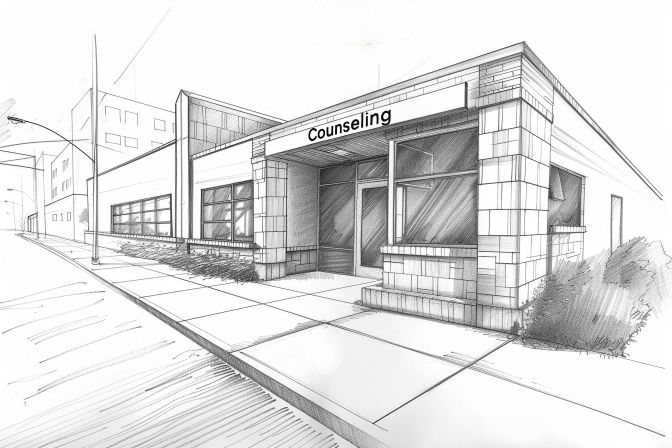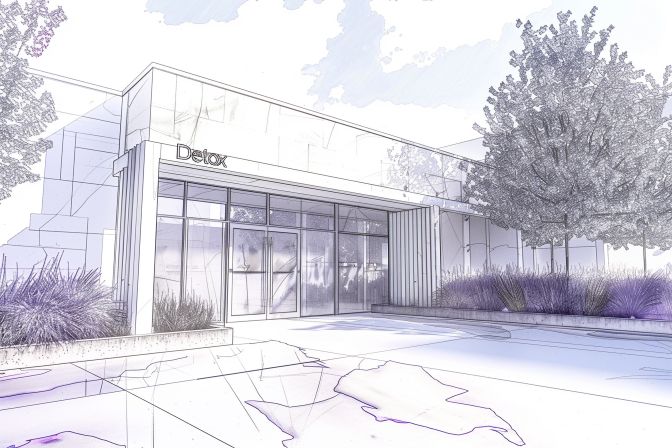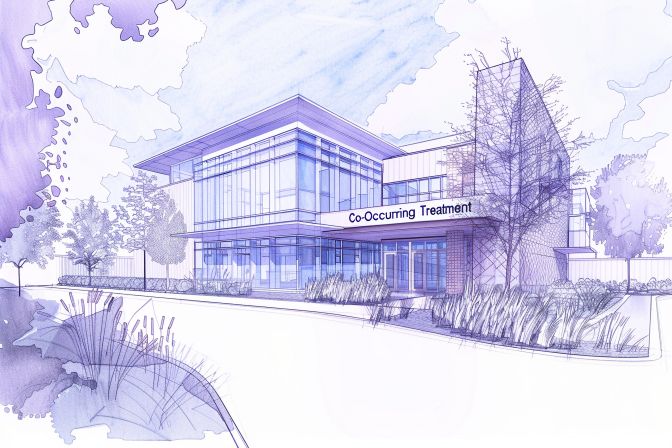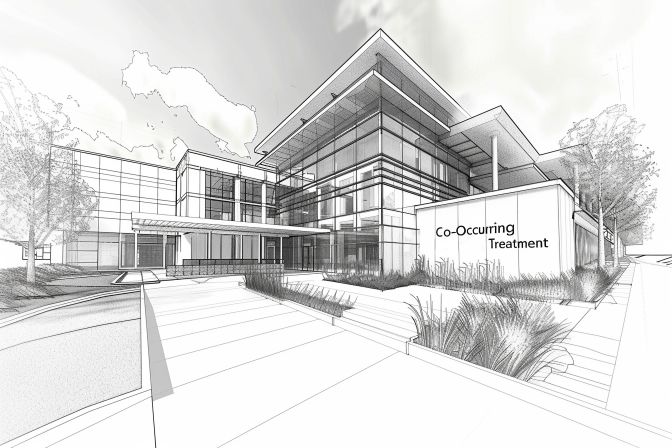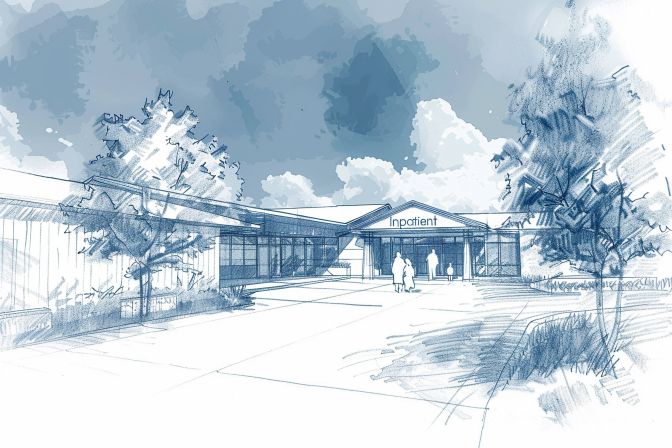DeVaughn Intervention Teach and Trt Options (DITTO)
4804 York Road, Baltimore, Baltimore City, MD 21212
Call 24/7
Free and Confidential
Insurance Accepted
Cash Pay rate
DeVaughn Intervention Teach and Trt is a private non-profit organization offering outpatient treatment in Baltimore, MD that caters to adults and adolescents seeking help for substance use disorders. This center offers programs for substance use treatment including anger management, brief intervention, cognitive behavioral therapy, contingency management and motivational interviewing.
Facility HighlightsMAT
co-occurring disorder treatment
3 accreditations
Claim your profile to manage this page and enable the messaging form.
About DeVaughn Intervention Teach and Trt Options (DITTO)
They accept Medicare, Medicaid, Military insurance, private health insurance and cash or self-payment as forms of payment for services offered and caters to both female and male patients.
This center offers detox treatment including benzodiazepine detox, methamphetamine detox and opioid detox.
This facility also uses counseling as part of its substance use disorder treatment, both helping to understand the cause of addiction and creating tools to aid with recovery. DeVaughn Intervention Teach and Trt uses individual counseling, group counseling, family counseling and couples counseling during treatment.
DeVaughn Intervention Teach and Trt treats opioid addictions including heroin, fentanyl, and prescription painkillers. This includes the use of opioid medications during detox and treatment such as buprenorphine and naltrexone.
DeVaughn Intervention Teach and Trt offers recovery support services dedicated to helping patients get back on their feet and continue their recovery. These support services include housing services, recovery coaching, mentoring/peer support and employment counseling or training as well as transitional services including discharge planning, naloxone and overdose education and outcome follow-up after discharge.
This rehab center also holds State mental health department and Commission on Accreditation of Rehabilitation Facilities (CARF) accreditations, ensuring they meet the standards required for effective treatment.
DeVaughn Intervention Teach and Trt (Baltimore, Maryland) is rated 4.03 on Recovered’s Trustscore which is based on user reviews and accreditations.
Company Information
Recovered TrustScore 4.03 / 5
The Recovered Trustscore for DeVaughn Intervention Teach and Trt Options (DITTO) is based on the total amount of key accreditations (3) & publicly available review data online for this rehab center. A Bayesian average is applied to all rehabs to ensure fair visibility. Read here for more info
Overview of Services
Accreditations

Age Groups Accepted
Adults, Children/adolescents
Special Programs/Groups Offered
Adolescents, Young adults, Adult women, Adult men, Seniors or older adults, Lesbian, gay, bisexual, transgender, or queer/questioning (LGBTQ), Veterans, Criminal justice (other than DUI/DWI)/Forensic clients, Clients with co-occurring mental and substance use disorders, Clients with co-occurring pain and substance use disorders, Clients who have experienced trauma
Specialization
Substance use treatment, Detoxification, Transitional housing, halfway house, or sober home, Treatment for co-occurring substance use plus either serious mental health illness in adults/serious emotional disturbance in children
Treatment Services
Age Range
Medications Used
Specializations & Groups
Services
Setting
Payment support
Assessment & Testing
Transitional Services & Aftercare
Medication Assisted Treatment Policy
Therapies and Interventions
At This Facility
Counseling/Education Services
Smoking/vaping policy
Special Services
Insurance Policy & Other Considerations
FAQs
Common Questions About DeVaughn Intervention Teach and Trt Options (DITTO)
Where are they located?
What types of treatment do they offer?
Do they treat opioid use disorders?
Do they offer recovery support services?
Do they have detox programs?
What counseling or therapy do they offer?
Get confidential help and information via our helpline
Recovered invites user reviews from former attendees, as well as their own loved ones and staff members, for all facilities listed on our site that they have had personal experience with.
We audit user reviews regularly and any instance of spamming or manipulation will result in content being removed. Only one review is permitted per user. Any reviews considered to be abusive, offensive, or fraudulent will be removed.
Treatment Centers Nearby
Calls to numbers marked with (I) symbols will be answered or returned by one of the treatment providers listed in our Terms and Conditions, each of which is a paid advertiser.
In calling the helpline you agree to our Terms and Conditions. We do not receive any fee or commission dependent upon which treatment or provider a caller chooses.
There is no obligation to enter treatment.
For any specific questions please email us at info@recovered.org
Insurance Accepted
This center accepts most forms of health insurance. Contact them to find out more or use our insurance verification to check your coverage.
Insurance Accepted
This center may not accept all forms of insurance. contact them to find out more.
We are awaiting cost confirmation from the center owner.
Medication designed to help with withdrawal symptoms and cravings may be offered as part of an addiction treatment program.
Accreditation(s) indicate the organization's national, state, or industry recognition for the treatment of substance use disorders and or mental health conditions.
